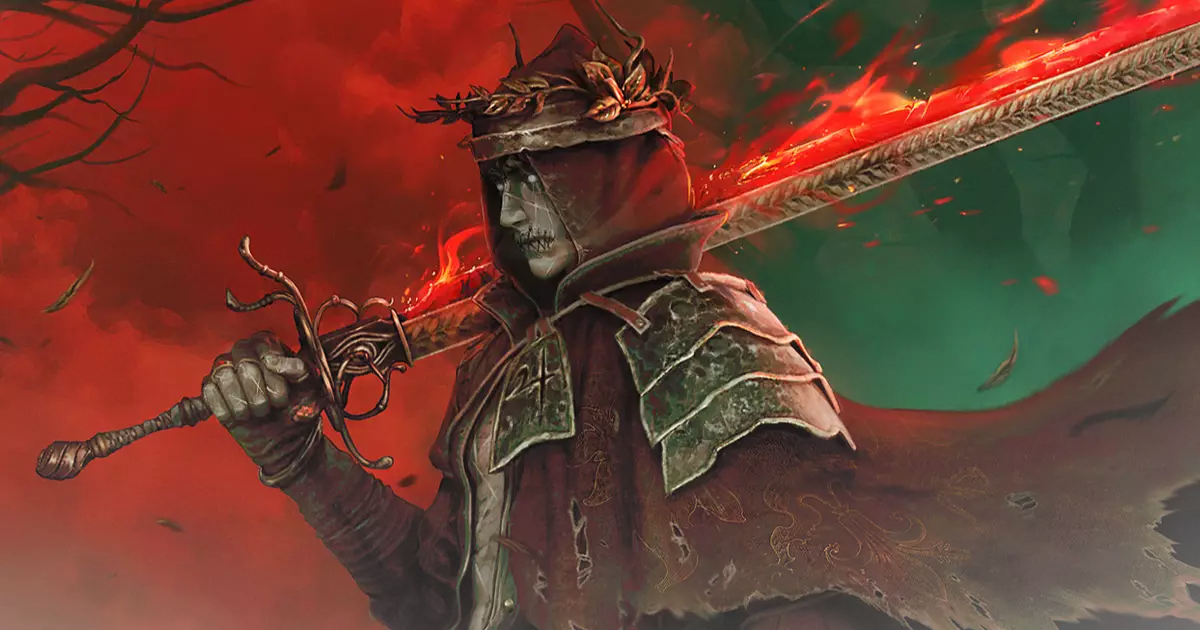The intersection of literature and video games is often a perilous territory, fraught with risks of trivialization and misinterpretation. Yet, Jyamma Games’ ambitious project, inspired by Dante Alighieri’s *Divina Commedia*, boldly seeks to reimagine this 14th-century masterpiece within a modern, action-packed universe. This isn’t simply another superficial adaptation; it’s a daring reinterpretation that aims to preserve the profound metaphysical themes while translating them into a dynamic gameplay experience. The key to this transformation lies in redefining what it means to navigate Dante’s infernal realms—moving beyond static storytelling into an interactive odyssey where players confront their sins, forge their path, and grapple with morality on a visceral level.
What sets Jyamma’s vision apart is its commitment to integrating core elements of the original poem—such as the descending circles of Hell and their symbolic sins—into a contemporary fantasy universe. The game promises a layered narrative where dark forces threaten the moral fabric of this world, forcing players to confront not just monsters but their own internal struggles. Unlike previous adaptations that leaned heavily on spectacle or superficial violence, this initiative presents a philosophical landscape embedded within a richly crafted universe. The decision to include gameplay mechanics like character customization, gender selection, and a morality system ensures that each player’s journey is uniquely tailored, making the exploration of sin and redemption deeply personal.
Innovating Within Traditional Boundaries: The Role of Gameplay Mechanics
One of the potential pitfalls in adapting a literary epic into an action-RPG is losing the complexity and poetic depth that makes the original enduring. Jyamma appears to understand this challenge, countering it with features that introduce variability and agency—procedurally generated dungeons, customizable weapons and armor, and a narrative alignment system. These mechanics serve twice: they provide engaging gameplay while also echoing the cyclical, layered structure of Dante’s hellish realms.
The use of extraction dungeons, where players mine for resources and progress through hellish layers, adds a compelling layer of metaphysical symbolism. Yet, some might critique this choice as a reductionist approach—treating a profound spiritual allegory as simply another loot grind. Such concerns are valid; transforming Dante’s nuanced divine justice into game currency risks diluting its philosophical richness. However, if executed thoughtfully, these mechanics can serve as metaphors for the spiritual journey—requiring effort, sacrifice, and introspection to ascend from chaos toward enlightenment.
Furthermore, the narrative promise of a “world where The Divine Comedy has replaced old faith” hints at a deeper commentary on societal shifts—how myths evolve, are challenged, and reinvented in new cultural contexts. That could provide a fertile ground for storytelling that isn’t just about killing demons but exploring the human condition—sin, redemption, and divine justice—through the gameplay itself.
Challenging Expectations and Respecting the Source Material
Skeptics will likely dismiss Jyamma’s project as just another hack-and-slash blockbuster exploiting Dante’s name. The trailer’s frenetic visuals and combat snippets might reinforce the perception of a shallow, commercialized take—akin to the infamous *Dante’s Inferno* game that prioritized style over substance. Yet, dismissing this creative endeavor outright overlooks the nuanced intentions behind it.
The developer’s approach appears rooted in a desire to evoke the mystical, philosophical grandeur of Dante’s *Commedia* rather than reduce it to mere entertainment. Enotria, Jyamma’s previous title, demonstrated that it’s possible to fashion a game universe that’s metaphorical, introspective, and deeply atmospheric—challenging conventions of the Soulslike genre. Borrowing that meta-awareness, their Dante-inspired project might similarly elevate the material, transforming familiar gaming tropes into meaningful allegories.
Admittedly, translating a literary masterpiece into a video game involves inevitable compromises—yet, it also offers an unprecedented platform for engagement. If players can encounter Dante’s concepts firsthand, face the consequences of their sins, and navigate moral gray areas, this project could profoundly impact how we perceive classic literature in popular culture. It may not equal the poetic finesse of Dante’s original, but it could serve as a compelling bridge between centuries, exposing modern audiences to the enduring power of moral inquiry embedded within a captivating game world.
In the end, this venture isn’t just about making a game; it’s about reinterpreting a monumental work for a new generation. If Jyamma’s ambitious reimagining strikes the right balance between respect and innovation, it might prove that classic literature still has an important role to play—especially when it’s wielded with creativity and critical intent. Only time will tell if it can truly honor Dante’s legacy or become another footnote in the long, winding tradition of literary adaptations gone awry.

